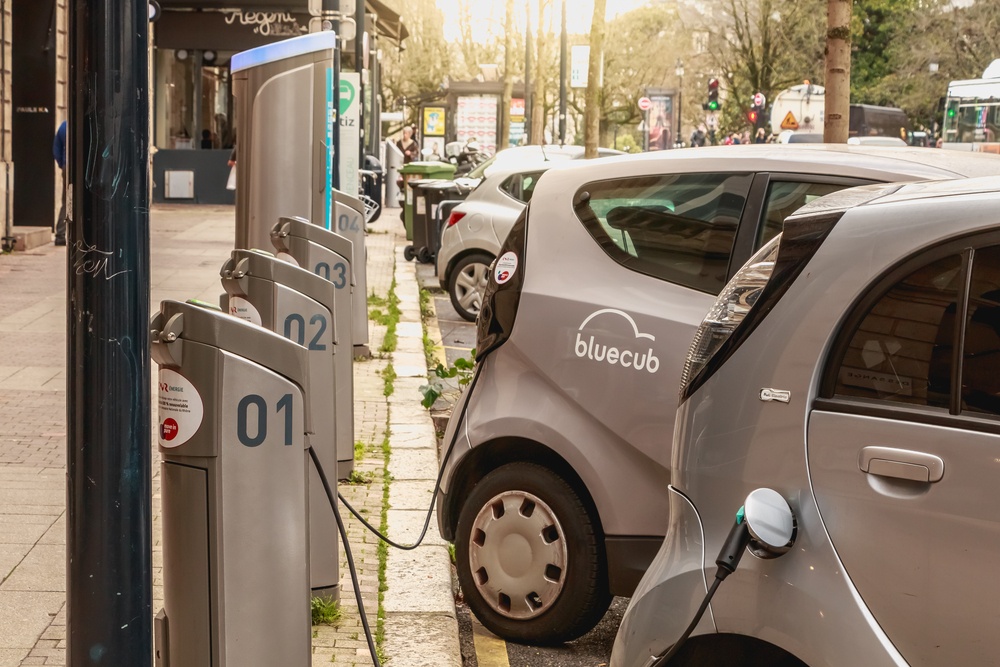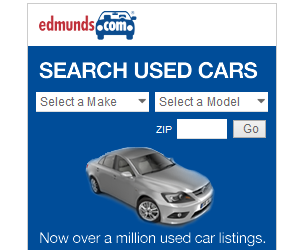The slow down in electric car sales and how it will affect the car market.
Valerie Raskovic

The market has experienced a rapid growth in electric car sales from 2022 to 2023. However, in the recent month of 2024, the car market has experienced a significant slowdown in electric car sales. Electric car sales began declining in the last few months of 2023, setting the stage for the 2024 electric car market.
The decline in sales is partly due to economic factors as well as a decrease in electric car adoption by consumers. Numerous consumers express concerns about the limited practicality of many current electric vehicles, primarily due to prolonged charging times and fluctuating projected range distances, reliability and safety issues. Going beyond simple range anxiety, some consumers are put off by the recent bad press related to electric vehicle fires, intermittent electric issues and rapidly declining resale values of some of the most popular electric vehicles.
Through social media, numerous electric car owners are openly sharing a myriad of issues encountered during their ownership experience. These shared experiences often dissuade potential new owners from transitioning from gas to electric vehicles. It's disheartening to note that only 52% of EV owners opt for another EV when purchasing their next vehicle. Thus, the EV market heavily relies on both first-time conventional combustion engine vehicle owners converting to EVs and returning EV customers, yet both sources of customers are showing signs of softening interest.
While this doesn't spell doom for the electric car market, it does indicate that current EV offerings may not suit all consumers. Consequently, automakers may need to explore alternative fuel zero-emission vehicle options.
The dynamic automotive landscape undergoes rapid transformations influenced by various factors, including supply, cost and demand. While these factors are interconnected, government mandates and local state regulations stand out as key influencers. These regulations significantly limit consumer options and exert influence over everything from pricing to available features.
We all agree that we must find more sustainable options to decrease our footprint on Mother Earth; however, we must explore all alternative fuel options. The only way forward is if legislation changes to favor not just electric vehicles but all zero-emissions vehicles, allowing funding into research and development of new tech.
If the electric car market continues its decline, we will see those changes impact various different segments of the automotive industry, some of which are:
Market Competition: The slowdown in electric car sales may shift the competitive landscape of the automotive market. Traditional automakers and new potential EV buyers may focus more on internal combustion engine (ICE) vehicles or hybrid models to meet consumer demand. This could lead to increased competition in non-electric vehicle segments.
Consumer Perception and EV Adoption: A slowdown in electric car sales could further affect consumer perception and further slowdown the adoption of EV vehicles. Negative perceptions and concerns about range, charging infrastructure, resale values and overall vehicle affordability may persist or even intensify, hindering widespread EV adoption.
Environmental Impact: Electric cars are often heralded as a crucial solution for curbing greenhouse gas emissions and combatting climate change. However, this argument is sometimes countered by equally valid claims that the waste generated in mining metals and minerals required for electric cars outweighs the reduction in CO2 gas production. Regardless of where you stand on this debate, the urgency of finding a sustainable and environmentally friendly solution cannot be overstated. We cannot afford to slow down progress toward achieving environmental goals and targets aimed at reducing carbon emissions from the transportation sector. Whether we explore the use of hydrogen or other alternative clean-burning fuels or innovate better methods for harnessing electric power while minimizing the environmental impact of extracting lithium and other precious metals used in electric car batteries, time is of the essence.
Laws & Government Policies: Government policies and incentives aimed at promoting electric vehicle adoption may come under scrutiny or face revision in response to reduced sales. Policymakers will be required to reassess the effectiveness of subsidies, tax credits and other incentives designed to encourage EV purchases. Changes in government support could further influence consumer behavior and market dynamics.
Impact on Electric Car Manufacturers: Electric car manufacturers may face challenges as they adjust production levels and strategies in response to reduced demand. Tesla and similar companies find themselves grappling with overstock issues concerning their most sought-after models, resorting to repurposing old strip malls for storage. This strategy inadvertently drives up operational costs. Given their substantial investments in electric vehicle technology, such companies must now reevaluate their long-term strategies and investments in research, development and production capacity.
Supply Chain Adjustments: A slowdown in electric car sales could disrupt the supply chain for EV components and materials. Suppliers of batteries, electric motors and other EV-specific components may experience reduced orders, impacting their revenue and operations. This could also affect the availability and pricing of EV components not only for manufacturers but also for the consumers repairing their aging electric vehicles, further driving up ownership costs and affecting resale values.
Electric Vehicle Infrastructure Development: Slower growth in electric car sales may impact investments in charging infrastructure and grid capacity. Infrastructure providers and utilities may adjust their plans and investments based on evolving demand projections, potentially slowing the expansion of charging networks and renewable energy capacity.
Overall, the impact of this slowdown on everyday consumers remains uncertain, as does its duration and whether it will prompt reevaluations of corporate investments in alternative fuel technologies. The transition from conventional fossil fuel technology requires continued innovation, investment, and policy support to accelerate the transition to a more sustainable and future in the automotive market.
Regardless of whether you're considering an electric or conventional gas vehicle, it's always wise to use a vehicle history report before purchasing a preowned car
Read more articles

